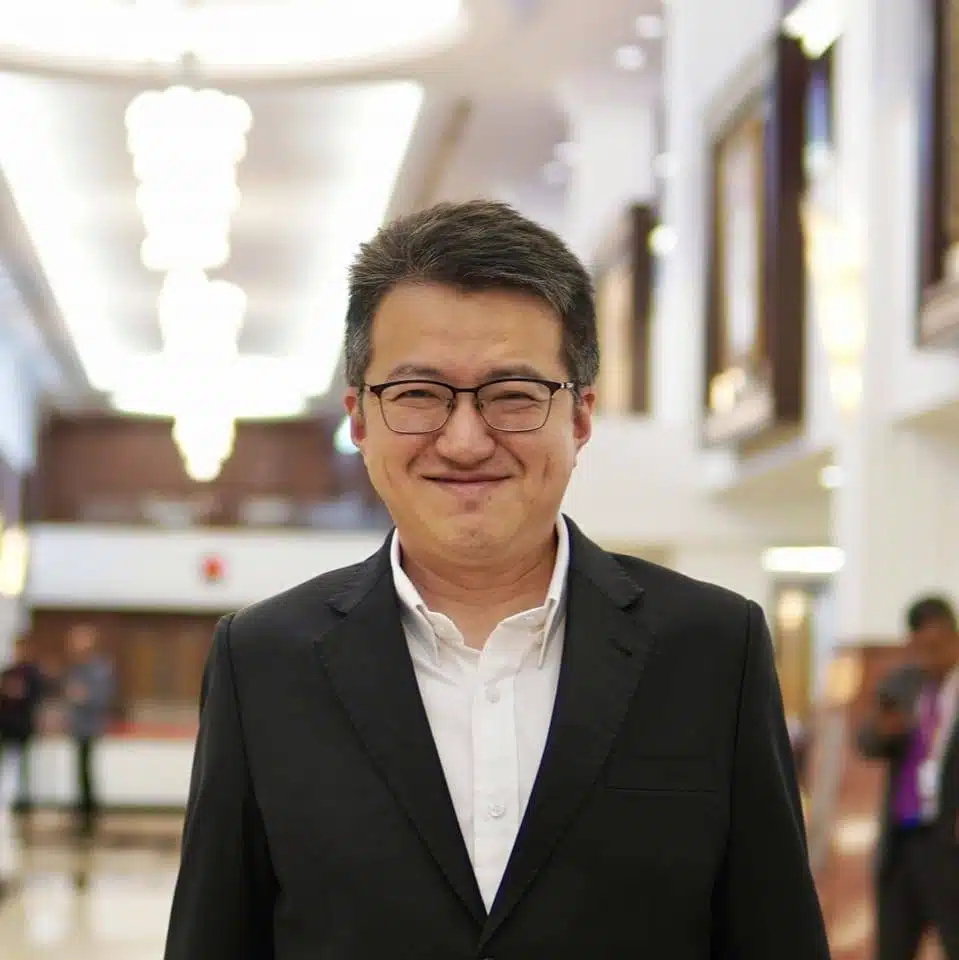PETALING JAYA, Dec 7 — Employers need a paradigm shift in investing in productivity and be willing to pay higher wages for skills, said Deputy Minister of International Trade and Industry (Miti) Liew Chin Tong.
He suggested that Malaysian business owners should work together towards a common goal that paying higher wages to employees would benefit the nation.
Liew emphasised that the country has the appropriate workforce and the ability to achieve the same level of productivity as Singapore.
“Prime Minister Datuk Seri Anwar Ibrahim has been very focused on investments. The next step is to restructure the company to allow for higher salaries and increased automation, which will require more skilled employees.
“After investing in the system, we anticipate that factories will eventually have to increase their wages. This will create greater equality, making it more appealing for Malaysians who are currently working in Singapore to return to Malaysia for work,” he told reporters at the Rehda Institute’s Chief Executive Officer Series 2023, Economy and Business Forum, titled National Industrial Master Plan (NIMP) 2030: Malaysia New Economic Take Off.
In his speech, Liew stressed that Malaysia needs to change the way it sees productivity and needs to improve productivity through investments in technology, total factor productivity (TFP), machines, automation and digitalisation.
“These will help us maximise our position as an indispensable middle within the vertical integration of supply chains.”
In Malaysia, Liew said the median monthly salaries and wages in 2022 stood at RM2,424, which is low compared to regional peers including Indonesia.
He noted that 50 per cent of working Malaysians are currently getting paid at this level.
Therefore, Liew said the government through NIMP 2030 aims to increase wages gradually, where it would reach RM4,510 in 2030 for the manufacturing sector and at the same time, able to have less dependency on non-skilled foreign labour.
Liew further said that the country must also move from a land-resource-based economy to a technology-based economy to be more vibrant and resilient in the future.
He said that for example, there could be an opportunity for developers to change the development of industrial parks by investing in companies that were setting up their industrial parks, and not just banking on lands.
“Developers should now focus on developing the industrial supply chain, not just land. Discussions with manufacturers should revolve around supply chains and ecosystems.
“They are encouraged to transition from a land-based economy to investing in technology, which can be beneficial to the ecosystem and help grow industries,” said Liew.
He also advised businesses to put climate at the centre of economic consideration, especially when rebuilding cities while making mobility more convenient.
— Bernama





